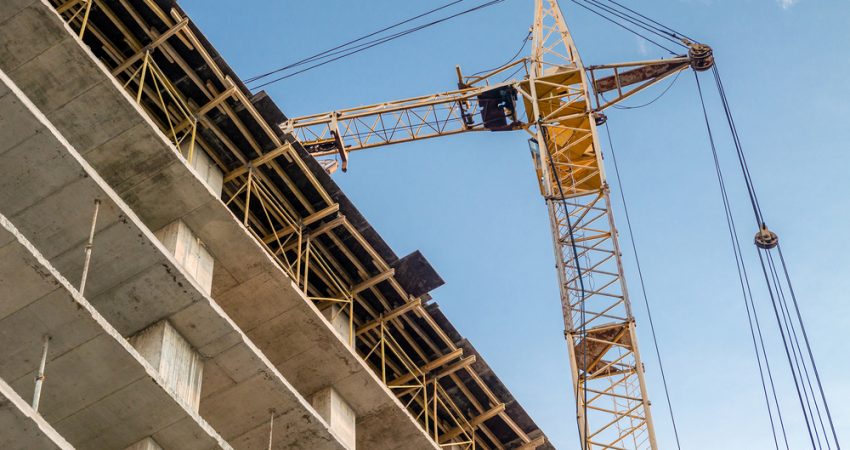A sharp drop in new order intakes was mainly attributed to subdued economic conditions and domestic political uncertainty.
Business optimism regarding the year ahead outlook for construction activity fell as weaker demand helped sink the degree of confidence to its lowest since November 2012.
The IHS Markit/CIPS UK Construction Purchasing Managers’ Index rose to 45.3 in July, up from June’s 10-year low of 43.1 but below the 50.0 no-change value for the fifth time in six months.
The worst performing category was commercial construction, closely by civil engineering activity. Risk aversion among clients in response to Brexit uncertainty continued to hold back work on commercial projects, according to anecdotal evidence.
For the second month in a row housebuilding fell, however, the rate of decline was modest and above the three-year record seen in June.
July also saw a downturn in total order books across the construction sector for the fourth successive month – the longest continuous period of decline since 2016.
The use of subcontractors decreased for the sixth consecutive month and demand for construction products and materials continued to soften, reflected in a solid drop in purchasing activity which helped to alleviate some of the pressure on supplier capacity.
In turn, lead times lengthened by the smallest extent since September 2016.
Input cost inflation grew at a robust rate, partly reflecting rising prices for imported items and those in short supply (particularly insulation and plasterboard).
And construction companies reported a sharp drop in their confidence regarding the year-ahead outlook for business activity – the lowest in fact since November 2012.
Duncan Brock, group director at CIPS said: “The sector felt the pressure of challenging economic conditions and the impact of another disastrous drop in demand growth, as purchasing activity petered out and Brexit nibbled away at confidence and decision-making.
“Though the sector’s activity improved marginally on last month’s biggest fall in a decade, this third month of contraction in a row makes for gloomy reading.”
Brock said cost pressures continued as the weak pound and short supply pushed up the price of materials and made progress on building projects more difficult.
“In this turbulent month the impact was felt along all the supply chain with job seekers left out in the cold as employment opportunities dried up and hiring plans were frozen,” he said.
Brock predicted that in the second half of the year it would take the sector some time to dig its way out of this “deep hole”.
The potential negative impacts of a no-deal Brexit mean any significant recovery is unlikely to be on the horizon until 2020, he said.




